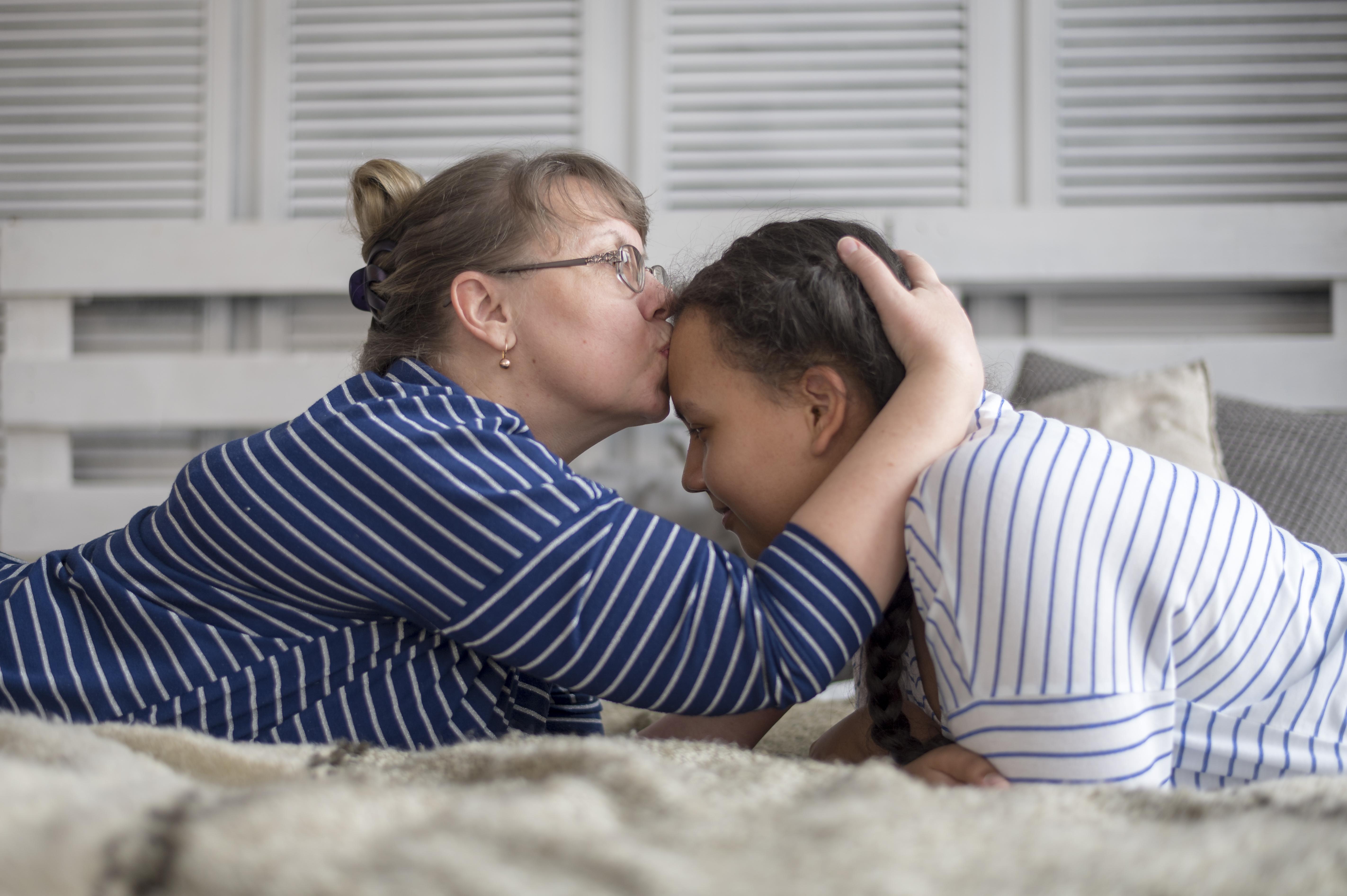The May 2025 decision from the BC Human Rights Tribunal in Parent obo Student v. BC Ministry of Education and another, 2025 BCHRT 112 carries profound implications for families fighting systemic discrimination in education—particularly those challenging collective punishment, exclusion, and partial-day attendance programs imposed on disabled students. While the complaint against the Ministry was dismissed, the Tribunal ruled that the claims against the School District must proceed to a full hearing. This outcome affirms the possibility of redress when a child is repeatedly denied full participation in school based on disability or race.
Speaking Up BC has an excellent analysis of the decision.
Partial-day programs and exclusion
At the heart of this case is an Indigenous girl with multiple mental health disabilities, subjected to restricted attendance, institutional hostility, and degrading treatment. She was limited to thirty-minute school days for an extended period and excluded from extracurricular and group-based learning. The school district justified this on the basis of the Special Needs Students Order, M150/89, which allows for alternative programming where integration is deemed inappropriate. However, the Tribunal recognised that the way this discretion was applied—and the attitudes surrounding it—may amount to a discriminatory denial of service.
What this means for collective punishment advocacy
For those of us documenting collective punishment in BC schools, the ruling is significant. It affirms that the repeated denial of full-day schooling, when rooted in bias or unsupported assumptions, may be discrimination. Moreover, the Tribunal made it clear that exclusionary decisions, even when cloaked in bureaucratic language and framed as “educational need,” are open to human rights scrutiny if they are influenced by race or disability.
The ruling also recognises the cumulative nature of harm, treating a series of related decisions as a continuing contravention under the Code. This allows for complaints that span multiple years, provided the pattern remains consistent and ongoing.
-
This broke me: a parent’s experience of school advocacy
Parenting is not a monolith. Neither is disability. Every family walks a different path, shaped by bodies, resources, identities, and institutions. This piece reflects one perspective—mine—as a disabled parent navigating systemic harm, health collapse, and the fierce love that remains. It is not…
-
You’re not wrong: reflections on motherhood and advocacy
This piece is for the mothers who have become unrecognisable to themselves in the crucible of advocacy—those who perform calm while their bodies tremble with rage, who write polite emails through tears, who scream in the car and smile in the meeting. It…
The role—and limits—of the Ministry of Education
Importantly, the Tribunal contextualised this case within the broader legacy of systemic discrimination against Indigenous children. The decision cited longstanding human rights concerns, linking exclusion from education to cultural erasure, stereotypes, and intergenerational harm.
It is one of the few Tribunal decisions that names this context directly and explicitly, offering a precedent for families arguing that exclusion and partial-day programming are not neutral responses to behaviour—they are part of a pattern of dehumanisation, historically and presently, especially for Indigenous and neurodivergent children.
-
The problem with the appeals process
When something goes wrong at school—when a child is excluded, harmed, or unsupported—families are told to “work it out with the school first.” That sounds reasonable on paper. But in practice, it’s vague, unstructured, and often retraumatising. I’ve gone through the Vancouver School…
The dismissal of the complaint against the Ministry should not be overlooked, however. The Tribunal held that the Ministry’s role does not include intervening in school-level decisions, even when human rights concerns are raised. This reveals a systemic gap: school boards may implement discriminatory programs, and parents are left with complex, under-resourced appeal processes that rarely result in meaningful change.
Why this case matters for families and advocates
This ruling makes one thing clear: exclusion from full-time education is not a benign policy instrument. It can be challenged. It can be named. And when imposed systematically on the basis of disability or race, it can be resisted as discrimination under the law.
For our work to end collective punishment in schools, this case adds legal weight to what families have long known in their bones: that harm masked as discipline is still harm, and that public institutions must be held to account.










